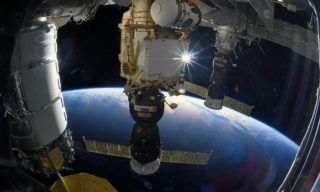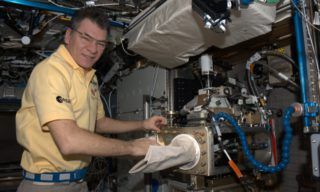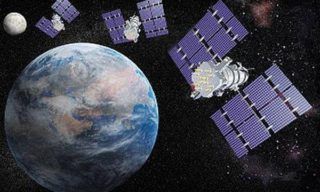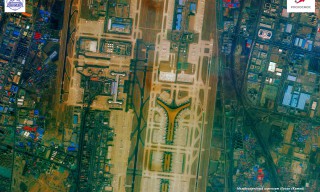The French company MaiaSpace (a subsidiary of ArianeGroup) was allowed to rebuild the launch pad at the Kourou Cosmodrome in French Guiana, from which the Russian Soyuz ST rocket used to be launched. Thus, the startup beat two other contenders in the battle for the site – Avio and RFA. MaiaSpace is currently developing the partially reusable Maia rocket, the first launch of which is scheduled for 2025.
MaiaSpace received approval to redevelop the Russian Soyuz launch pad from the French National Center for Space Research (CNES). It will be “repurposed” for launches of the Maia rocket, which has never flown. The carrier will be able to launch up to 1.5 tons of payload into low Earth orbit in a single-use configuration and up to 500 kilograms in a reusable configuration.
“Reusing existing launch pad infrastructure is fully consistent with MaiaSpace’s approach to minimizing environmental impact on Earth and in space. In addition, this cost-effective solution will contribute to optimizing cost levels and therefore the viability of MaiaSpace’s business,” emphasized MaiaSpace CEO Johan Leroy.
Unlocks the secrets of the Universe: the gravitational lens of record strength discovered
According to him, it is planned to spend “several tens of millions of euros” to adapt the launch pad for the Maia rocket. However, the deadline is pressing – the company wants to have time to conduct the first launch of the carrier by the end of 2025 and to begin its commercial operation – in 2026.
However, MaiaSpace will not be the only tenant of the launch pad at the Kourou launch site in French Guiana. CNES will retain the right of ownership, which received the appropriate authorization from the European Space Agency on the condition that it will place two launch systems on the site. The first was to be chosen by the French agency itself (it became the Maia rocket), and the second was appointed by ESA in the framework of the tender announced at the end of 2023.
Previously, Russian Soyuz ST rockets were launched from the ELS launch pad. A total of 27 launches of Soyuz-2.1A and Soyuz-2.1B modification carriers took place from 2011 to 2022. However, ESA then decided to sever all ties with Russia, which included stopping Soyuz launches. CNES eventually announced a competition, the winner of which would have the opportunity to take over the use of the “abandoned” launch pad.
Although technically any commercial company was allowed to participate in the bidding, the requirements for the payload capacity of the rocket (at least 1.5 tons) and the launch date (no later than 2027) significantly narrowed the search. In May, it became known that Maia, a new carrier from Avio, and Germany’s RFA ONE MAX were bidding to replace the Soyuz-ST rocket.



















